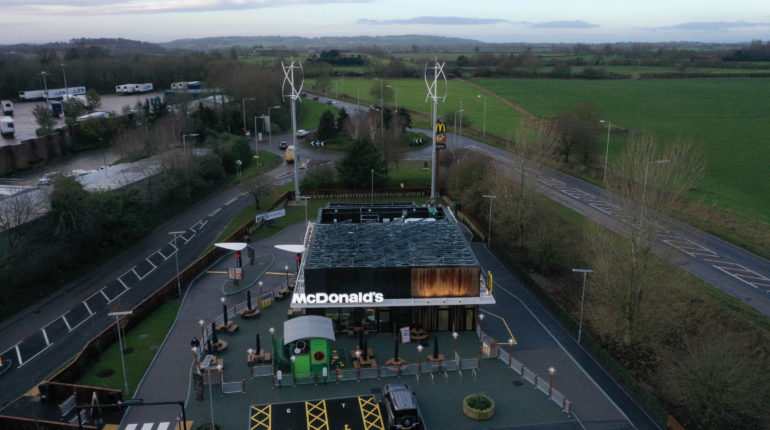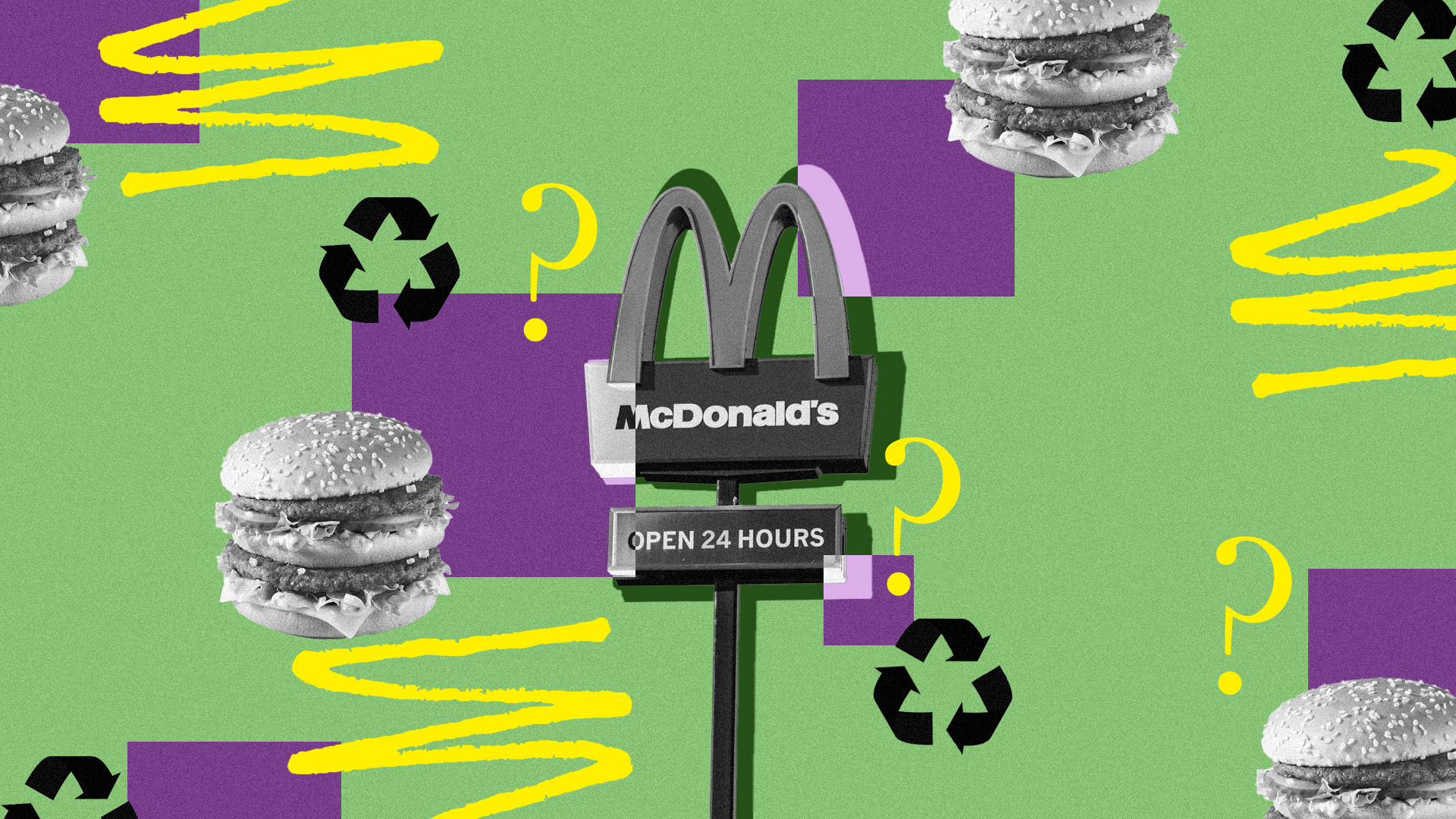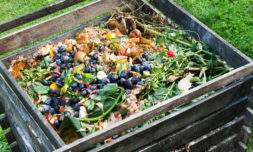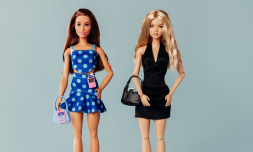As it stands in 2021, the meat industry is responsible for 14.5 percent of global greenhouse gas emissions – with red meat production accounting for 41 percent of that total, according to the United Nations Food and Agricultural Organization.
And it’s relatively unsurprising to learn that McDonald’s has long been one of the world’s largest beef buyers. It is estimated that 1 billion pounds of beef are sold to McBurger lovers each year in the US alone.
In addition to beef, the sale of the company’s chicken, dairy, and other animal proteins are responsible for approximately 80 percent of the company’s total greenhouse gas emissions.
For a business built on serving decent (and affordable) burgers, can we really expect them to remove this staple from the menu altogether? This would surely cause public uproar, which is likely why McDonald’s is looking to pick up the slack in other ways.
In its ‘Change a little, change a lot’ campaign, the brand has focused on improving its sustainability practices across the board. It outlines plans to make all of its restaurants and offices in the UK and Ireland net zero by 2030.
To do so, McDonald’s has set sights on installing renewable energy mechanisms in its corporate offices and to upscale its partnerships with sustainable suppliers and logistics companies.
Sorting out its total supply chain will be a lengthier hurdle for the fast-food kingpin in the next couple decades, as the business has set a goal of reaching net-zero greenhouse gas emissions internationally by the year 2040.
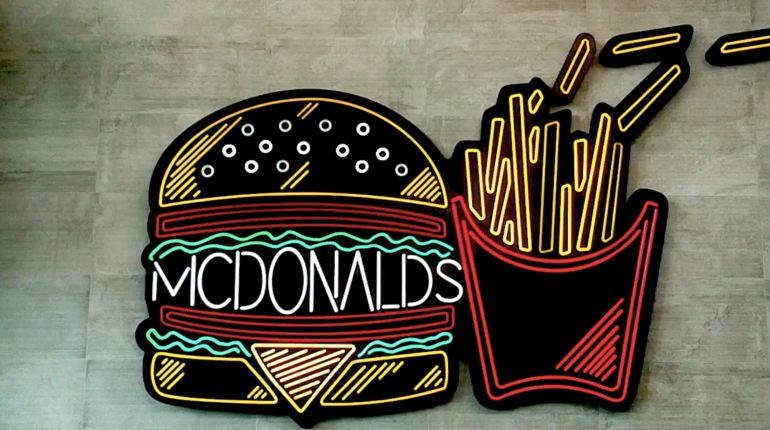
Still, McDonald’s is responsible for an insane amount of waste with its distinct carboard boxes, cups, and paper bags. Globally it produces 1.5 million tons of food packaging thrown away each year.
On its website, McDonald’s claims that its large-scale project to make its customers’ packaging from ‘renewable, recycled, and certified’ materials is 78 percent complete. By 2024, its entire packaging line is expected to be recyclable and compostable.
In a way, it does seem like McDonald’s is making a considerable effort to become as environmentally friendly as possible. The introduction of its new vegan burger, the McPlant, was certainly good for its brand image during the summer.
But aside from this, the elephant in the room remains. And although I’m more of a McNugget kind of girl myself, the restaurant is famous for its various sized burgers – lest we forget the Double Big Mac that made a limited appearance in the early days of winter.
With that in mind, perhaps McDonald’s will never reach true sustainability in regards to the amount of beef burgers it flips each year, but covering their bases in all other possible ways could be seen as an effort worthy of merit.
We have to pick our battles, and if eating a cheeseburger cooked by sustainable energy in a totally green-powered establishment makes people feel better, then why not? It’s close enough to net-zero for me.
